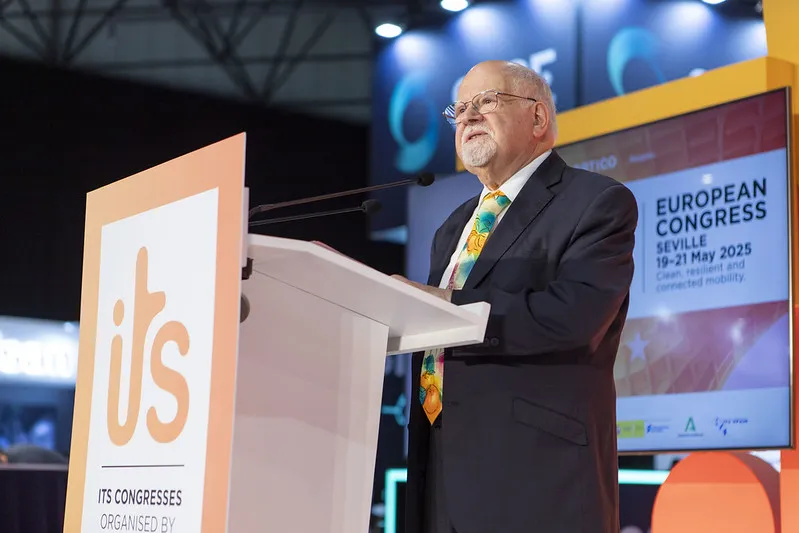The Eurocouncil of the Federation Nationale de l’Automobile (FIA) claims that EU policymakers must take responsibility for facilitating the deployment of automated motoring. Made up of 73 FIA Automobile Clubs in Europe and with 37 million members, the Eurocouncil believes in the potential for automation to improve road safety, and urges EU institutions to streamline the deployment of this technology. The declaration was adopted at the annual FIA Region I Spring Meeting, taking place in Gammarth, Tunisia fro
May 7, 2015
Read time: 2 mins
The Eurocouncil of the Federation Nationale de l’Automobile (FIA) claims that EU policymakers must take responsibility for facilitating the deployment of automated motoring. Made up of 73 FIA Automobile Clubs in Europe and with 37 million members, the Eurocouncil believes in the potential for automation to improve road safety, and urges EU institutions to streamline the deployment of this technology. The declaration was adopted at the annual FIA Region I Spring Meeting, taking place in Gammarth, Tunisia from 5-8 May 2015.
FIA Region 1 president, Thierry Willemarck, said: “This is the moment when automation is poised to dramatically improve road safety. Policymakers need to create the best legislative environment as this technology becomes a reality. Users must be at the heart of this deployment as well. They need to be informed and ready to adopt this next evolution in mobility.”
The Eurocouncil declaration demands that a concerted effort is made by EU policymakers to create a path to automated motoring, especially by considering the specific driver education and training needs in the revision of the European Driving Licence Directive, seeking international harmonisation of road signs and markings necessary for automated road traffic and enabling wide accessibility to road infrastructure and traffic data needed for automated operation within the provisions of the European ITS Directive and implementation.
They must also direct infrastructure-related investment of the TEN-T programme and Connecting Europe Facility to prepare road and roadside infrastructure for automation, support the development of vehicle design standards that promote driver supervised automation, in particular to safeguard driver vigilance and supp[ort an adapted legal framework, taking into account changing liability rules.
FIA Region 1 president, Thierry Willemarck, said: “This is the moment when automation is poised to dramatically improve road safety. Policymakers need to create the best legislative environment as this technology becomes a reality. Users must be at the heart of this deployment as well. They need to be informed and ready to adopt this next evolution in mobility.”
The Eurocouncil declaration demands that a concerted effort is made by EU policymakers to create a path to automated motoring, especially by considering the specific driver education and training needs in the revision of the European Driving Licence Directive, seeking international harmonisation of road signs and markings necessary for automated road traffic and enabling wide accessibility to road infrastructure and traffic data needed for automated operation within the provisions of the European ITS Directive and implementation.
They must also direct infrastructure-related investment of the TEN-T programme and Connecting Europe Facility to prepare road and roadside infrastructure for automation, support the development of vehicle design standards that promote driver supervised automation, in particular to safeguard driver vigilance and supp[ort an adapted legal framework, taking into account changing liability rules.







